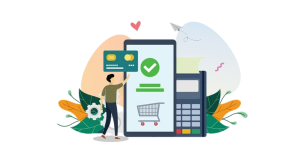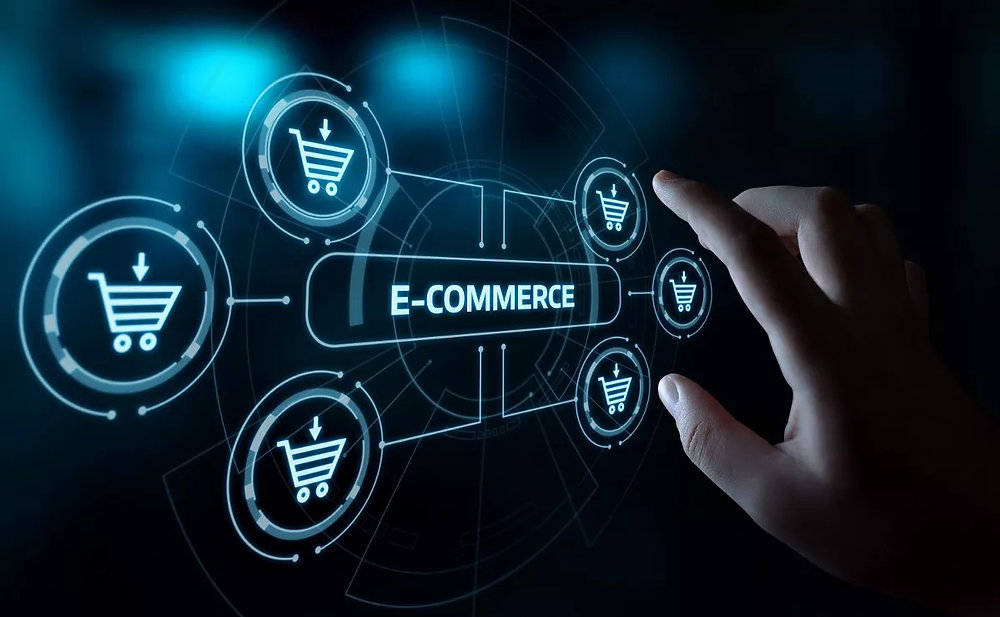What E-Commerce Platform?
In today’s digital marketplace, e-commerce platforms are the backbone of online stores. They help businesses manage products, facilitate transactions, and create seamless customer shopping experiences. But with so many platforms to choose from, selecting the right one for your business—whether you’re mid-size, targeting a global audience, or looking to minimize startup costs—can feel overwhelming.
Let’s dive deeper into the best e-commerce options available and answer some of the most pressing questions about these platforms.
What’s the Best Vendor Platform for Mid-Size Companies?
Mid-size companies need a robust e-commerce solution to handle moderate-to-high traffic levels, manage extensive inventories, and provide advanced features without breaking the bank.
Top Recommendations for Mid-Size Businesses:
- Shopify Plus:
- Known for its scalability and ease of use, Shopify Plus is an excellent solution for growing companies. It provides customization options, enterprise-level tools, and exceptional customer support. With features like inventory management and cross-border selling, it’s hard to beat for expanding businesses.
- BigCommerce Enterprise:
- This platform is geared toward businesses with a strong focus on growth. BigCommerce offers built-in SEO tools, flexible integrations, and a highly customizable platform for tailored business needs.
- WooCommerce with Extensions:
- For companies that love flexibility, WooCommerce, an open-source solution for WordPress, offers limitless customization. This makes it a solid choice for those wanting to mold the platform to their needs.
What is an E-Commerce Storefront?
An e-commerce storefront is your business’s digital shopfront—the website or online interface where customers browse and purchase your products or services.
Key Features of an Effective Storefront:
- User-Friendly Interface: Easy navigation is vital to engage customers.
- Mobile Responsiveness: Ensure your storefront works seamlessly on mobile devices.
- High-Quality Visuals: Crisp product images enhance the overall user experience.
- Secure Payments: Customers need to trust their data is protected with reliable payment gateways.
Platforms like Shopify, Magento, and Squarespace make creating a storefront straightforward for businesses at any stage.
Full-Service Shopify E-Commerce Agency for European Brands in the USA
Expanding a European brand into the U.S. market? A Shopify e-commerce agency can streamline this process. Agencies specializing in Shopify can:
- Create a customized storefront that aligns with your brand’s aesthetic.
- Manage local payment integrations and U.S.-specific regulations.
- Optimize your website for fast loading times and enhanced user experience.
- Handle marketing strategies such as SEO, social media ads, and email campaigns.
By working with a Shopify-certified agency, you can ensure a smoother entry into the competitive U.S. market.

Full-Service E-Commerce Agency for European Brands in the USA
Aside from Shopify, full-service e-commerce agencies provide tailored solutions for European brands looking to conquer the American e-commerce space.
Why Partner with a Full-Service Agency?
- Localized Knowledge: Agencies help businesses adapt to U.S. consumer preferences and market nuances.
- Omni-Channel Integration: These agencies can seamlessly merge your online and offline strategies, including integrating Amazon and eBay.
- End-to-End Solutions: From storefront development to marketing and logistics, agencies like Nosto, Ayko, or DigitlHaus provide comprehensive services.
Choosing the right partner can give your European brand the competitive edge it needs in a crowded market.
Free E-Commerce Store: 30 Days Unlimited Products and Services
Imagine trying out an e-commerce platform without upfront commitments. Some platforms, like Shopify and BigCommerce, offer 30-day free trials. These allow you to:
- Test your business concept.
- Add unlimited products and services.
- Experiment with website features and functionality.
Free trials also enable you to gauge a platform’s capabilities before committing to it long-term. Use this opportunity to test customer journey flows, payment integrations, and mobile responsiveness.
Industrial E-Commerce Services
Industrial e-commerce brings traditionally offline industries—manufacturing, logistics, or wholesale distribution—into online shopping. Platforms like OroCommerce and BigCommerce specialize in solutions for industrial sectors. They focus on features like:
- Bulk order support.
- Custom pricing models.
- Integration with ERP (Enterprise Resource Planning) systems.
With the right industrial e-commerce strategy, businesses can increase efficiency, scale operations, and enhance B2B customer satisfaction.

Cheapest E-Commerce for Very Few Items
If you’re selling a handful of products, there’s no need for a complex platform with a hefty price tag.
Top Low-Cost Solutions:
- Etsy: Perfect for handmade or vintage items, Etsy only charges listing and transaction fees.
- Squarespace Commerce: Offers affordable monthly plans and stunning storefront designs ideal for small inventories.
- Weebly: User-friendly with a free plan option; suitable for minimal product listings and simpler setups.
These platforms are budget-friendly while still maintaining high functionality for small-scale sellers.
What Are the Three Disadvantages of Selling Physical Products?
Despite its profitability, selling physical products has a few drawbacks that entrepreneurs must consider:
- Inventory Management:
- Keeping track of stock can be resource-intensive, requiring warehouses or sophisticated systems to avoid overstocking or running out of products.
- Shipping Costs and Logistics:
- Handling shipping logistics can cut into profit margins, especially for international orders. Mismanaged deliveries can also lead to customer dissatisfaction.
- Overheads:
- Unlike digital products, physical goods often require a higher initial investment in manufacturing, storage, and transport.
By understanding these challenges, businesses can plan better and streamline their operations for success.
FAQs
1. What is the easiest e-commerce platform to set up?
Shopify and Squarespace are two of the easiest platforms to set up, offering intuitive interfaces and pre-designed templates for a smooth start.
2. Which platform is best for European businesses?
For European businesses expanding globally, Shopify or BigCommerce are ideal due to their cross-border selling capabilities and multiple currency options.
3. Can I start selling with no investment?
Yes! Platforms like Etsy or the complimentary trials offered by Shopify let you start with zero upfront investment, focusing only on testing your ideas.
4. How do I choose between different platforms?
It depends on your needs—scalability, budget, level of customization, and product types. Start by analyzing your business requirements and growth plans.
5. Is there an option to sell without maintaining inventory?
Absolutely! Consider dropshipping platforms like Spocket or Oberlo that let you sell products without keeping stock.
In summary, finding the right e-commerce platform is your business model, goals, and customer needs. Evaluate your options and test-drive platforms, and don’t hesitate to seek help from e-commerce agencies when needed.



